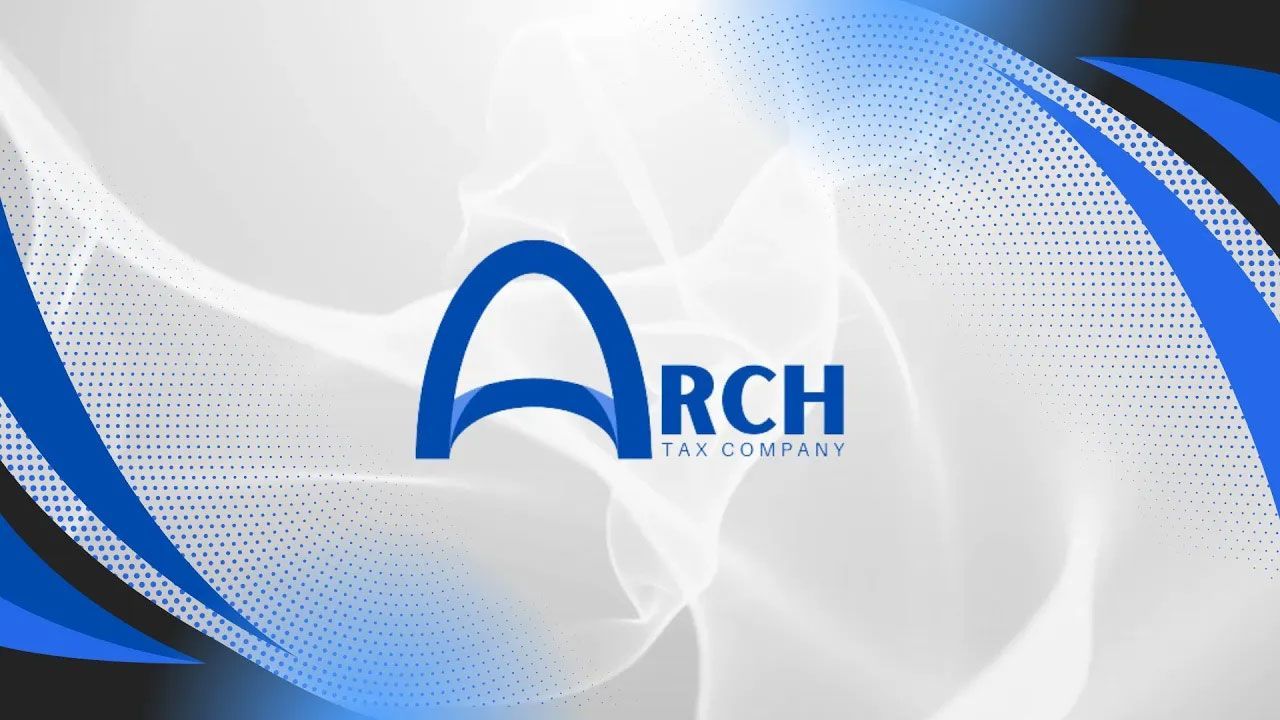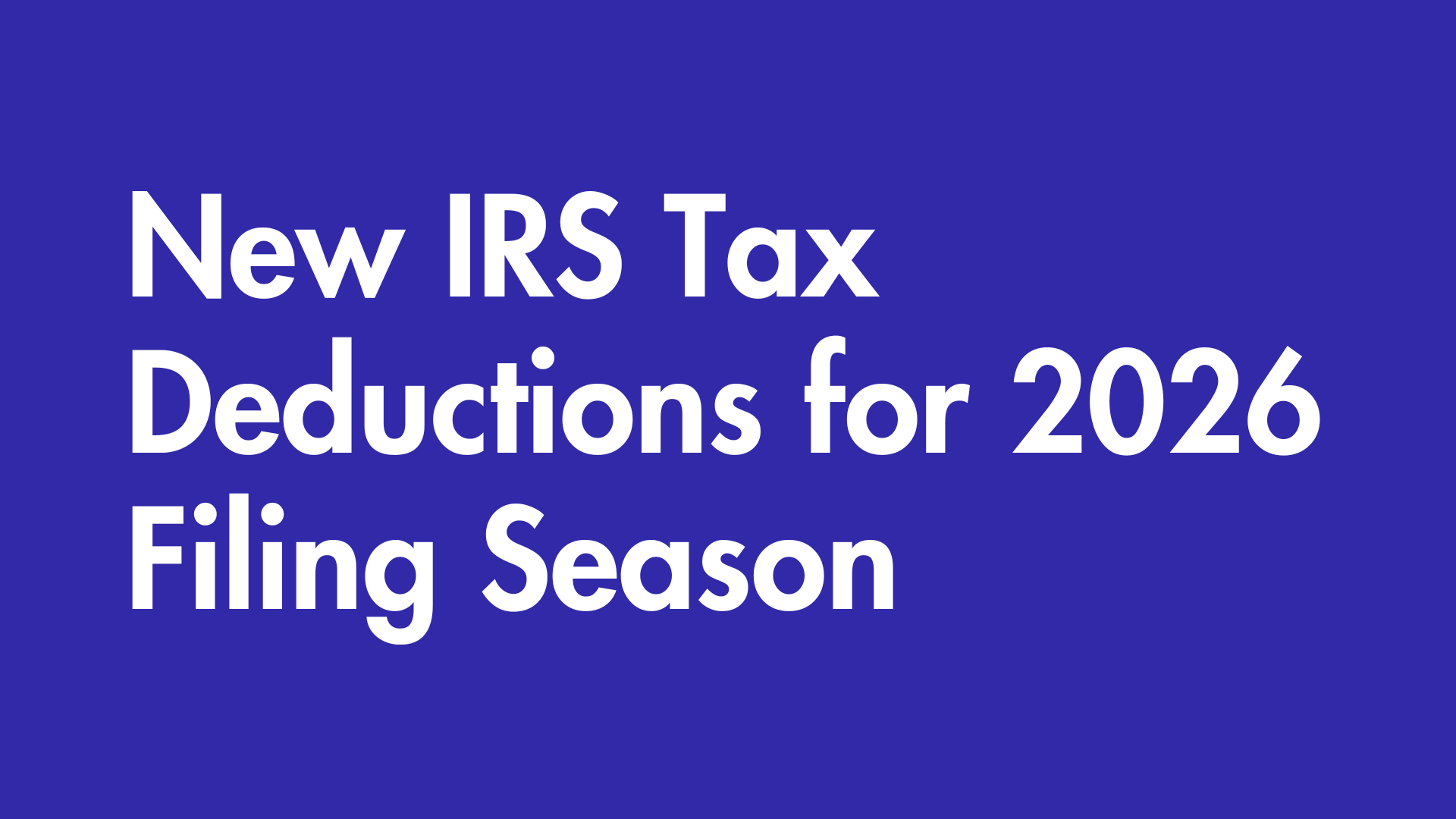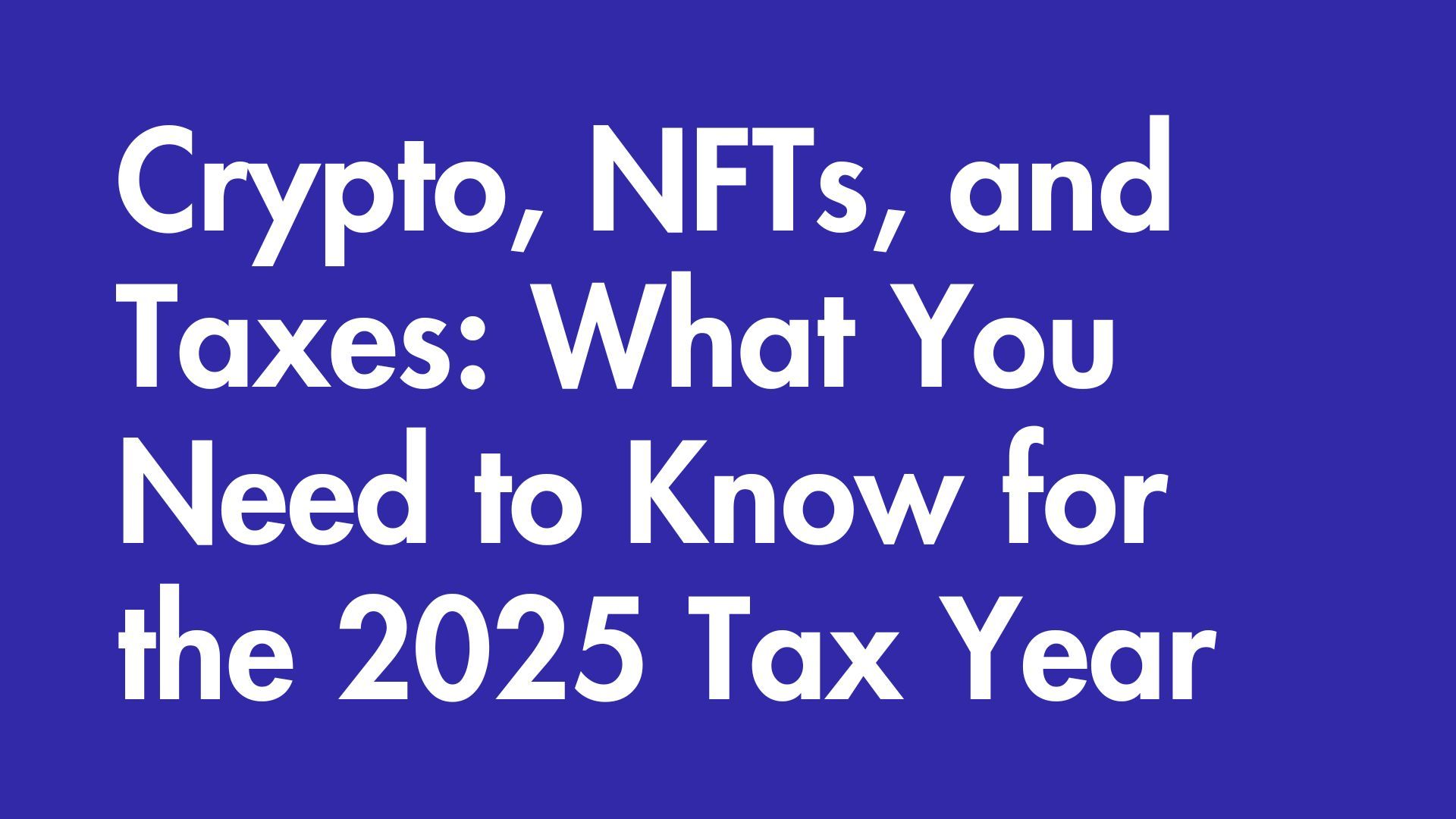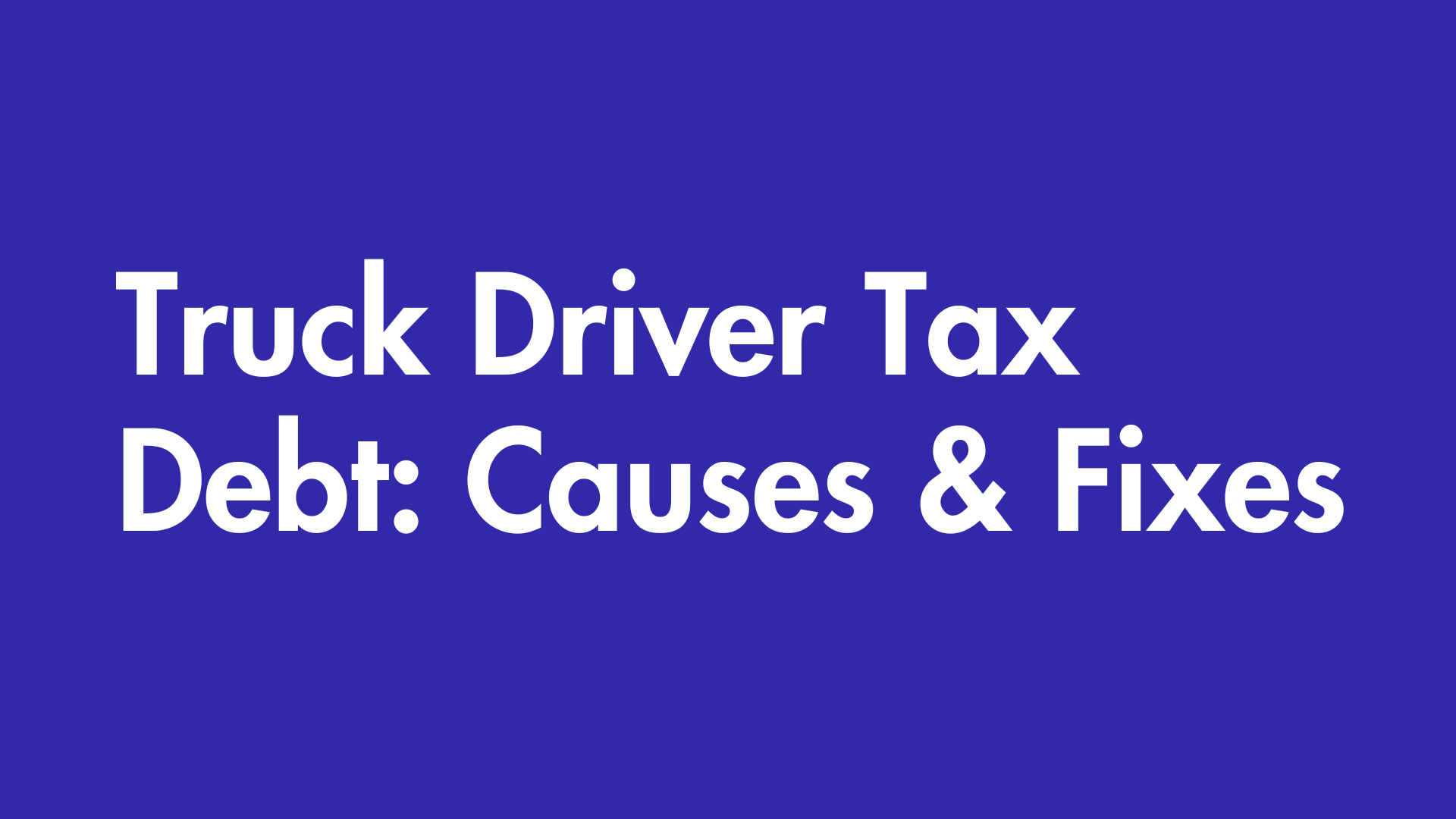How to talk to the IRS
Most people hope they never have to speak directly with the IRS. But if you do need to talk to the IRS, knowing how to handle the conversation can make the difference between clarity and confusion — or even money saved versus money lost.
Important Note:
It is important to note that the IRS will never call you directly on the phone. If you do receive a call from someone representing the IRS, it is most likely a scam. This article was created to help you talk to the IRS if you need to call them directly.
Here’s a practical guide on how to talk to the IRS the right way:
1. Stay Professional and Polite
It may sound obvious, but tone matters. The IRS representative you’re speaking with has the ability to note your attitude and cooperation in their file. Keeping calm and professional helps the call go smoother and keeps the agent more willing to explain your options.
2. Confirm Who You’re Talking To
Before sharing personal details, always ask for:
- Their full name
- Their IRS employee ID number
- A call reference number, if provided
This ensures you’re really dealing with the IRS and not a scammer. Remember — the IRS won’t ask for payment by gift cards, wire transfer, or peer-to-peer apps like Venmo or CashApp.
3. Have Your Information Ready
The IRS is detail-driven. Before you call, make sure you have:
- Your most recent tax return
- Any IRS letters or notices you’ve received
- Your Social Security number or Tax ID
- A notepad to record details
Being organized shows you’re serious and keeps the call focused.
4. Don’t Guess — Ask for Clarification
IRS notices can be full of jargon. If something doesn’t make sense, ask the agent to explain it in plain English. Never guess at what they’re asking for. A wrong answer or assumption could create unnecessary delays or even trigger additional issues.
5. Document Everything
Write down the date, time, the name/ID of the agent, and a summary of what was discussed. If you need to call back, or if the IRS sends something that doesn’t match what was said, having your own record is incredibly valuable.
6. Know Your Rights
You’re not powerless when speaking to the IRS. Taxpayers have the Taxpayer Bill of Rights, which includes the right to representation. You don’t have to figure things out on your own — you can pause, consult a tax professional, and have them speak on your behalf.
7. What to Say (and Not to Say) to the IRS
When you’re on the phone with an IRS agent, your words matter. Stick to facts and keep your answers short. Here are some tips:
What to say:
- “Can you explain that to me in simpler terms?”
- “What specific documents do you need from me?”
- “May I have a deadline extension in writing?”
- “I’d like to consult a tax professional before answering further.”
What not to say:
- Long explanations or excuses (“I didn’t file because…”).
- Promises you can’t keep (“I’ll pay everything by next week” if you can’t).
- Emotional outbursts — frustration doesn’t help your case.
Clear, calm, and factual is always best.
8. How a Tax Attorney Can Help
While some IRS conversations are straightforward, many are not. A tax attorney can:
- Communicate directly with the IRS on your behalf so you don’t have to handle stressful calls.
- Protect your rights by ensuring the IRS follows proper procedure.
- Negotiate resolutions like installment agreements, penalty reductions, or even debt forgiveness (if you qualify).
- Provide strategy — attorneys understand both the law and IRS procedures, which means they can see solutions most taxpayers miss.
Think of it like going to court without a lawyer — you can do it, but the odds aren’t in your favor. Having a tax attorney gives you someone in your corner who knows the rules of the game as well as the IRS does.
What to Say if You Already Have a Tax Attorney
If you’re working with a tax attorney, you don’t need to get into the details yourself. Instead, you can politely direct the IRS agent to your representative. For example, you might say:
- “Thank you for your call. I have legal representation with Arch Tax, and I’d like all communication to go through my attorney.”
- “My tax attorney is handling this matter. May I give you their contact information so you can reach out directly?”
- “For accuracy, I’ll defer to my attorney on this issue. Please contact them for further details.”
This keeps you from saying anything that could complicate your case and ensures the IRS communicates with someone who knows the law inside and out.
Talking to the IRS doesn’t have to be intimidating if you stay calm, prepare, and know your rights. But for anything beyond a simple question, having a tax attorney in your corner can save you stress — and money.
If you find yourself needing help and need to talk to someone, schedule a free consultation with us and we would be happy to discuss your options.








